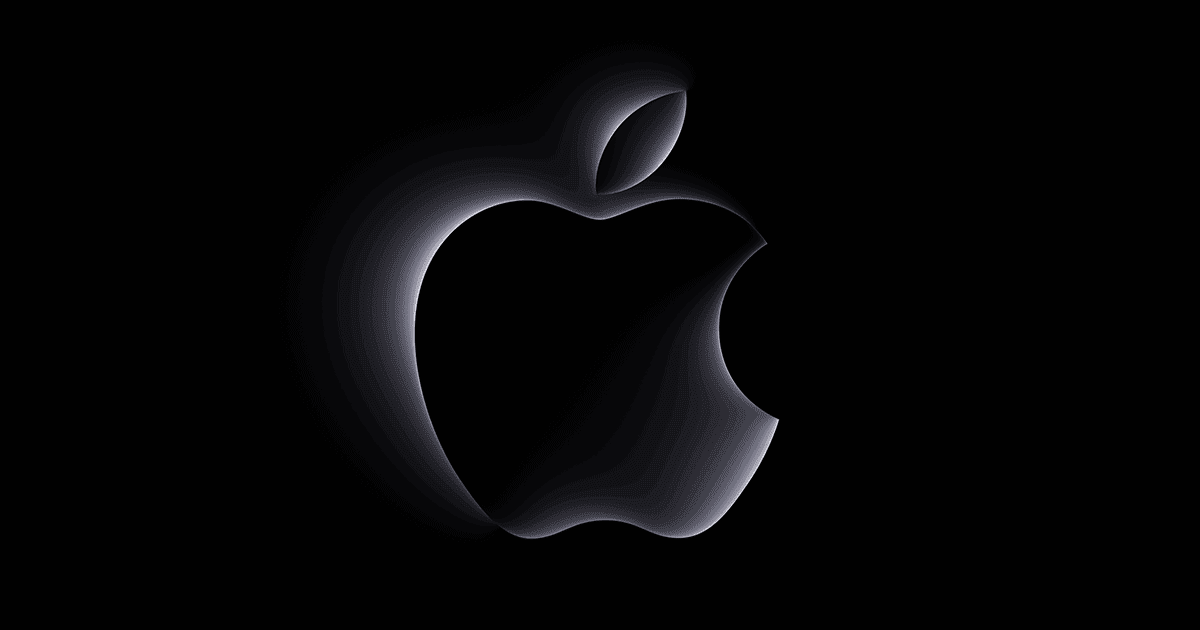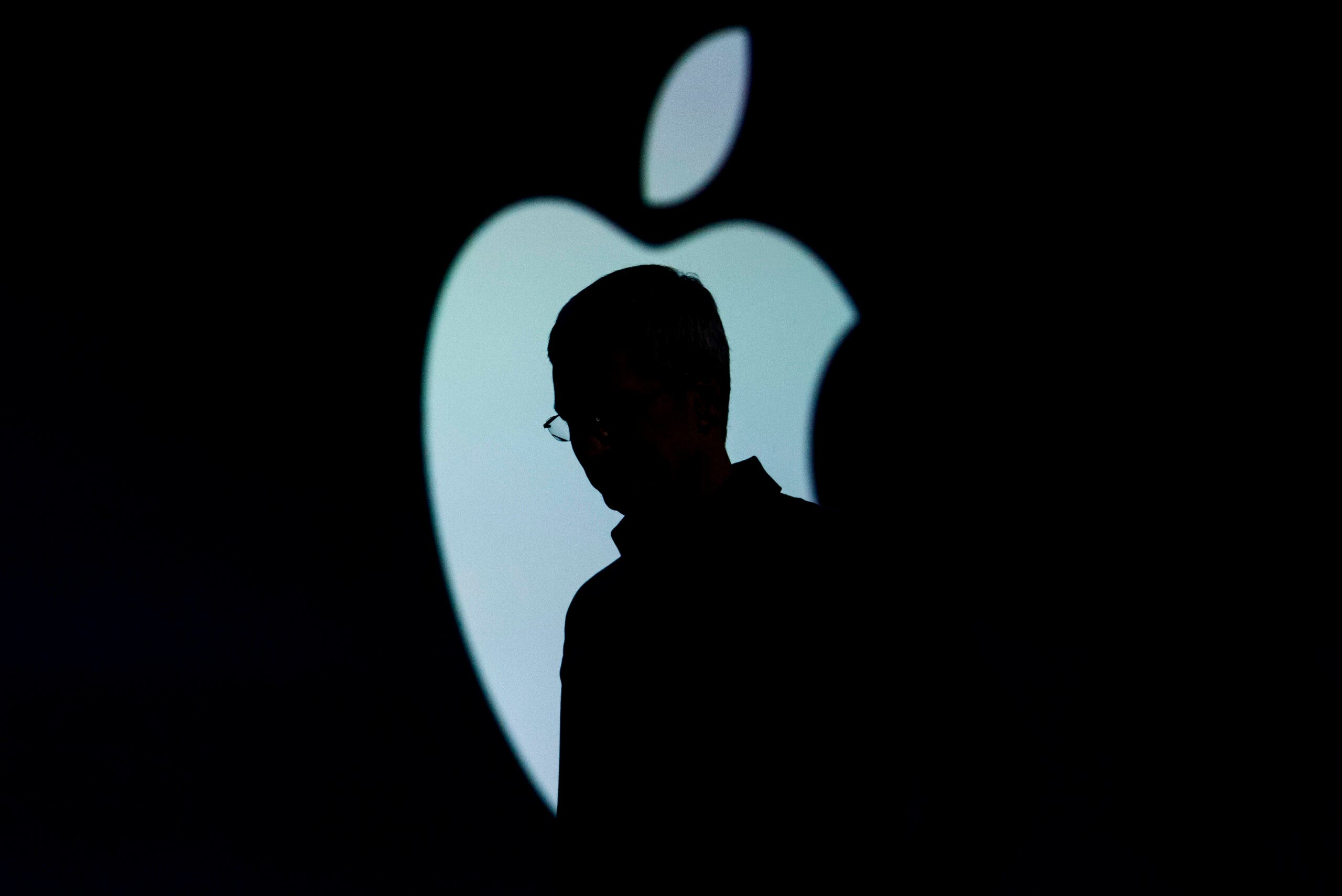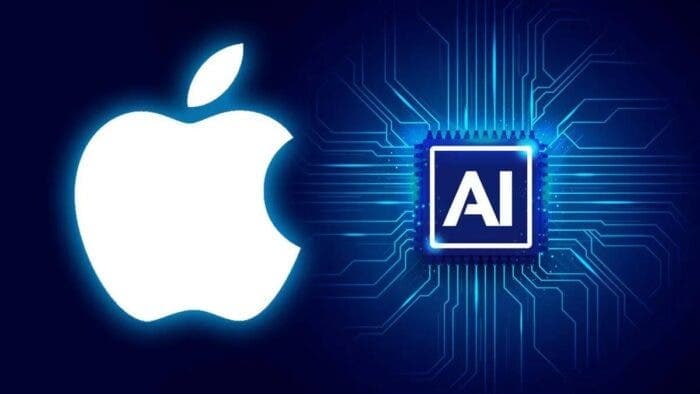Artificial intelligence (AI) is no longer a futuristic fantasy; it has become a defining feature of modern smartphones, enhancing their capabilities and shaping user experiences. While Samsung and Google have embraced AI advancements, Apple, known for its cautious approach, finds itself playing catch-up. This article analyzes the current landscape, explores Apple’s potential responses, and examines the crucial role AI plays in the future of smartphones.
The AI Imperative: How Apple Must Evolve to Maintain its Smartphone Throne

The Rise of AI in Smartphones:
Once relegated to science fiction, AI has transformed our mobile companions. Features like call filtering, automated tasks, and intelligent camera assistants are now commonplace. Samsung‘s Galaxy S24 takes it further with AI-powered writing and photography tools, highlighting the growing importance of this technology.
Apple’s AI Crossroads:
Rumors suggest Apple, facing declining iPhone sales, is finally acknowledging the AI imperative. Leaks hint at an App Store revamp, third-party integration, and the introduction of Siri 2.0 powered by large language models (LLMs). These steps, though necessary, demonstrate a reactive approach rather than a proactive one.
The Pressure Cooker:
Analyst Ming-Chi Kuo predicts a 10-15% drop in iPhone sales for 2024 due to Apple’s lack of AI features, while Samsung is poised for growth. This stark contrast underscores the competitive pressure Apple faces. Its brand loyalty and “reality distortion field” may be weakening, necessitating a shift in strategy.
Privacy as an Advantage:
While Apple’s caution regarding data privacy initially seemed like a disadvantage, it now presents an opportunity. Advancements in on-device AI processing eliminate the need for cloud computing, aligning perfectly with Apple’s privacy-focused approach. This potential marriage of performance and privacy could give them a unique edge.
Predicting the Future:
If the rumors hold true, we can expect a renewed focus on AI from Apple. Partnerships like Samsung’s with Google could expedite development, or Apple could invest heavily in R&D and talent acquisition. Regardless of the path chosen, inaction is no longer an option.
AI Beyond Feature Parity:
While replicating Google and Samsung‘s offerings is crucial, Apple’s success hinges on exceeding them. Imagine an AI-powered camera that not only suggests edits but automatically enhances photos, removes imperfections, or even creates artistic masterpieces. Think of personalized health insights, real-time coaching, and proactive health monitoring on the Apple Watch. These innovations, coupled with Apple’s renowned design and user experience, could truly be game-changers.
Quality Over Speed:
Apple’s meticulous approach, often criticized for being slow, could now become their advantage. By waiting to release a polished, bug-free version of AI-powered iOS, they may avoid the initial turbulence experienced by competitors. This focus on quality, while seemingly slower, could ultimately win over users seeking a seamless and reliable experience.
Retention vs. Growth:
While new features attract new users, retaining existing ones is equally important. A robust AI offering might not sway die-hard Samsung or Google users, but it could solidify Apple’s ecosystem and prevent defections. Even a slight shift in preference could be impactful, considering Apple’s already immense user base.
The AI revolution is reshaping the smartphone landscape, and Apple cannot afford to be left behind. While playing catch-up is a necessity, it’s an opportunity to leverage their inherent strengths, such as privacy focus and design prowess. By embracing AI thoughtfully, strategically, and in a uniquely Apple way, they can not only regain their footing but also redefine the future of intelligent mobile experiences.
Comparative Analysis of AI Approaches in Smartphones: Google, Samsung, and Potential Apple Partners

The AI landscape in smartphones is bustling with diverse approaches, each driven by distinct values, resources, and target markets. Here’s a breakdown of how Google, Samsung, and potential Apple partners differ in their strategies:
Google:
- Approach: Open-source, data-driven, and platform-agnostic. Google leads the LLM space with models like Bard and LaMDA, prioritizing massive datasets and powerful cloud-based processing. It integrates AI across its entire ecosystem, including Pixel phones, Android OS, and various apps.
- Strengths: Extensive research and development capabilities, vast data reserves, and experience in building user-friendly AI products.
- Weaknesses: Privacy concerns due to data collection practices, potential fragmentation with diverse Android implementations.
- Potential Apple Partnership: While unlikely due to competitive concerns, Google’s LLM expertise could bolster Siri 2.0, balancing privacy with advanced capabilities.
Samsung:
- Approach: Hardware-centric, integrating AI directly into devices like the Galaxy S24. Focuses on user-specific applications like photography and productivity, emphasizing convenience and personalization.
- Strengths: Vertical integration allows for tight hardware-software synergy and rapid innovation. Strong focus on user experience and intuitive AI features.
- Weaknesses: Reliant on proprietary technology, limiting widespread adoption beyond its ecosystem.
- Potential Apple Partnership: Partnerships like Samsung-Qualcomm indicate openness to collaboration. Joint efforts on specific areas like on-device AI processing could benefit both parties.
Potential Apple Partners:
- Microsoft: Azure cloud computing capabilities and experience in natural language processing with platforms like Bing AI could complement Apple’s hardware prowess.
- IBM: Watson AI’s focus on privacy-preserving solutions aligns with Apple’s values. Collaborations on ethical AI development and healthcare applications could be fruitful.
- Startups: Partnering with niche AI startups focusing on specific areas like computer vision or on-device processing could accelerate Apple’s AI development without compromising privacy.
Apple’s AI Unique Position:
Apple historically prioritizes privacy and user experience, even at the cost of slower innovation. It boasts powerful chipsets and a loyal user base, creating a unique opportunity.
- Strengths: Brand loyalty, strong data security practices, and expertise in designing intuitive user interfaces for new technologies.
- Weaknesses: Historically cautious approach to AI, lack of open-source contributions, and reliance on internal development.
Recommendations for Apple:
- Leverage Apple Silicon: Utilize powerful chips like the M1 and M2 for on-device AI processing, ensuring privacy and responsiveness.
- Seek strategic partnerships: Collaborate with privacy-focused AI leaders or invest in niche startups to accelerate specific areas of development.
- Balance privacy with innovation: Develop user-centric AI features that enhance core functionalities like photography, voice assistance, and health monitoring, all while maintaining strict data privacy practices.
- Embrace open-source contributions: Engage with the broader AI community to learn, share, and accelerate responsible development.
The AI landscape offers various approaches, each with its advantages and limitations. By understanding the strategies of key players and leveraging its unique strengths, Apple can strategically adopt AI to maintain its position in the smartphone market. Striking a balance between innovation, privacy, and user experience will be crucial to ensure its AI-powered future is not only successful but also responsible and ethical.
AI’s App Avalanche: Reshaping the Landscape and Apple’s Navigation Strategy

The tectonic shift of Artificial Intelligence (AI) is not only transforming individual smartphones but also reshaping the entire app development landscape. This burgeoning force promises to revolutionize app functionality, redefine user experiences, and fundamentally alter the way developers create and interact with applications. As Apple contemplates its own AI implementation, understanding these potential impacts is crucial for navigating this dynamic future.
From Static Tools to Intelligent Companions:
The impact of AI will permeate every facet of app development. Static, menu-driven interfaces will transform into dynamic, context-aware companions. Imagine apps that proactively understand user needs, predict future actions, and personalize experiences in real-time. AI-powered chatbots will evolve from rudimentary assistants to empathetic, intelligent companions capable of resolving complex tasks and engaging in natural conversations.
Revolutionizing Development Paradigms:
For developers, the shift will be equally seismic. AI tools will automate repetitive tasks, analyze user data to tailor app functionalities, and even suggest code optimizations. These intelligent aids will streamline development processes, enabling developers to focus on core innovations and complex problem-solving. Additionally, AI-driven platforms will facilitate the creation of “citizen developers,” empowering non-technical individuals to design and deploy personalized, niche apps, further diversifying the app ecosystem.
Privacy, Security, and Ethical Dilemmas:
The influx of AI raises vital concerns about privacy, security, and ethical considerations. Data-hungry algorithms might compromise user privacy, while biased training data could lead to discriminatory app behavior. Balancing the benefits of AI with responsible development practices will be paramount for developers and platforms alike. Apple, known for its stringent privacy stance, will need to navigate this challenge meticulously, ensuring their AI integration upholds user trust and aligns with their existing privacy frameworks.
Apple’s Navigational Compass:
As Apple ventures into the AI-infused app landscape, several strategic pathways emerge:
- The Selective Integrator: Apple could carefully curate partnerships with leading AI developers, integrating specific functionalities like advanced voice assistants or on-device image processing while maintaining control over their ecosystem and data privacy.
- The Privacy-Focused Innovator: Leveraging its powerful chipsets and commitment to privacy, Apple could invest heavily in developing its own AI solutions tailored to its unique user base and designed with built-in privacy protections.
- The Open-Source Collaborator: Collaborating with open-source AI communities could accelerate development while benefiting from collective wisdom and diverse perspectives. This would require a paradigm shift for Apple, traditionally reliant on internal R&D.
Choosing the Right Path:
Each path offers benefits and challenges. The selective integrator approach maintains control but risks falling behind, while open-source collaboration might compromise privacy. The most likely scenario might be a hybrid approach, leveraging partnerships for specific needs while fostering internal AI development within its privacy-centric framework.
Beyond Technological Prowess:
Ultimately, the company‘s success will depend not just on technical prowess but also on its ability to understand and fulfill evolving user needs and expectations. Embracing AI should not just add bells and whistles; it should empower users, foster trust, and enhance the core values that have made Apple stand out.





